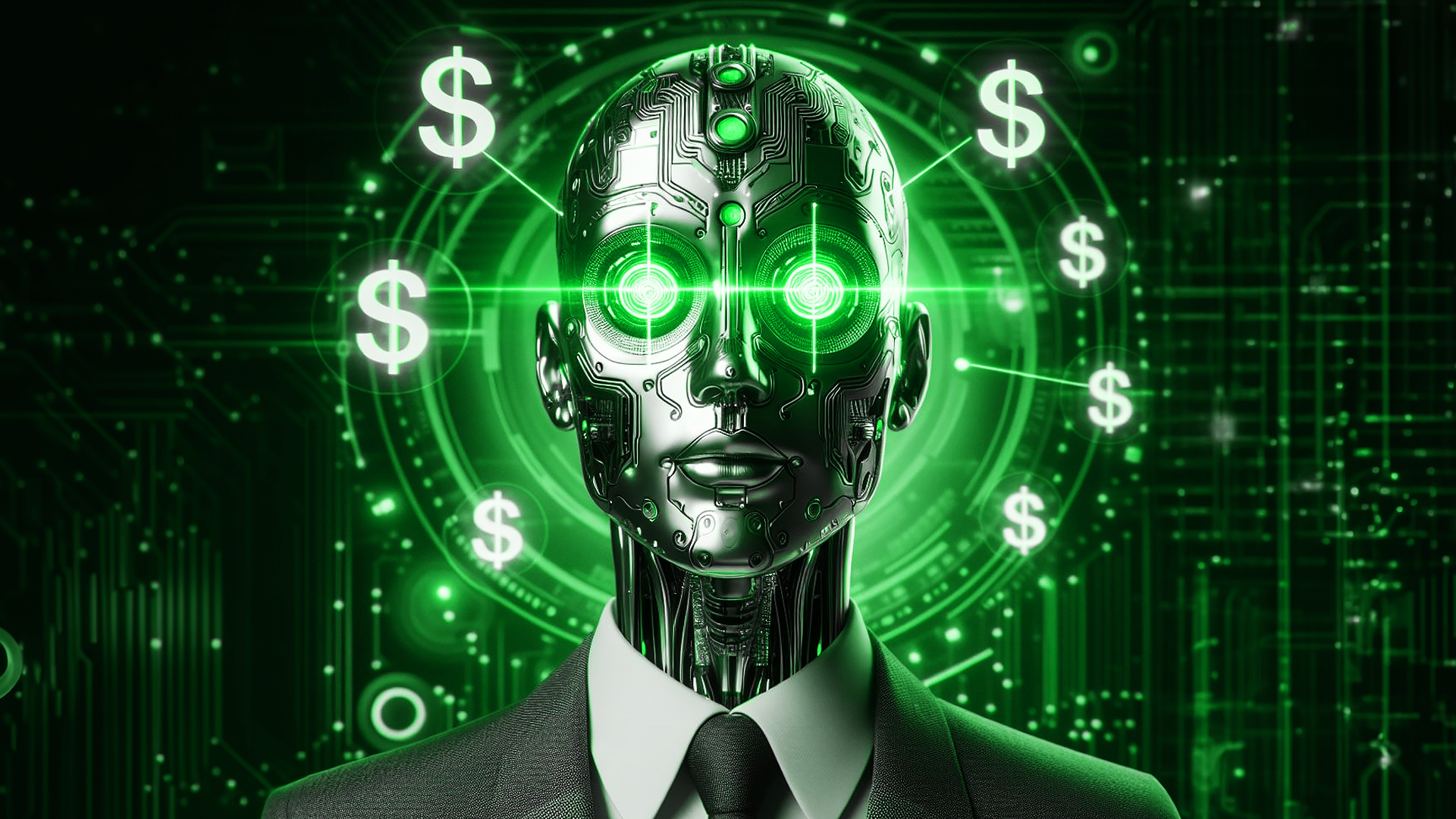MIT researchers conducted a study to see whether or not AI was more cost-effective than employing human workers across 800 occupations. Your job is probably secure, for now.
When revolutionary technologies spring to life, it’s common for people to fear the unknown. The age-old prophecy that ‘machines will take our jobs’ isn’t immediately in the offing, however.
This placating assurance arrives courtesy of researchers at the Massachusetts Institute of Technology. Then again, they would save their own non-silicon skin.
According to their research, the notion of replacing human workers en masse is unfeasible due to the financial outlay it would require.
As part of the study, the team used an AI software to complete some 1,000 ‘visual inspection tasks’ associated with 800 different occupations.
The study references a bakery worker as an example of a job where this discernment is important – as ingredients must be checked to ‘ensure they are of sufficient quality’.
Having heard all-too-often about the endless potential of AI, you would be forgiven for having a bet on the technology to outperform people on all fronts. In the vast majority of cases, however, it transpired that having a human complete the task was markedly cheaper.
Again, back to the example of the baker, the study claims that the AI’s capable display of quality control would not be enough to make ‘developing, deploying, and maintaining a computer vision system’ anywhere close to economically viable for an employer.




















